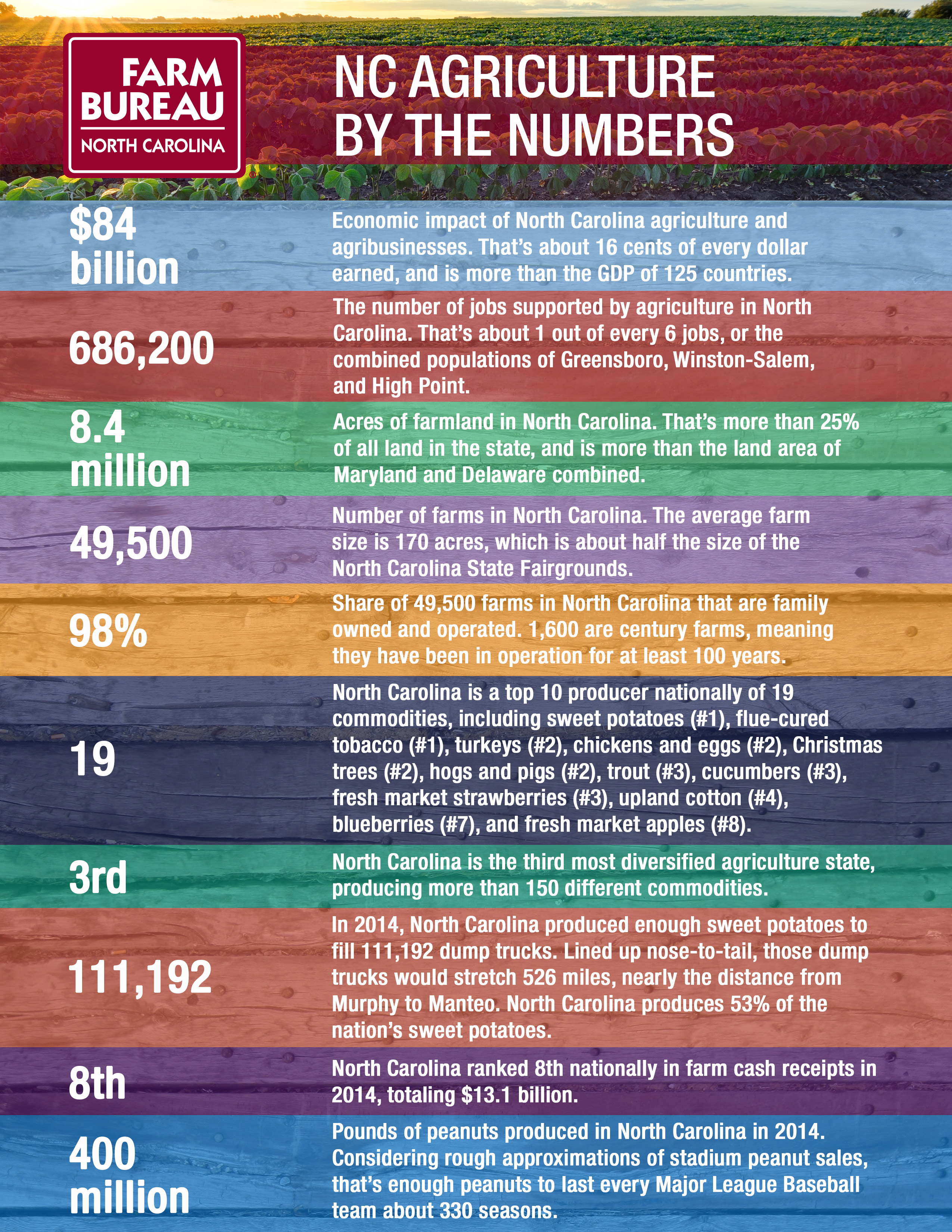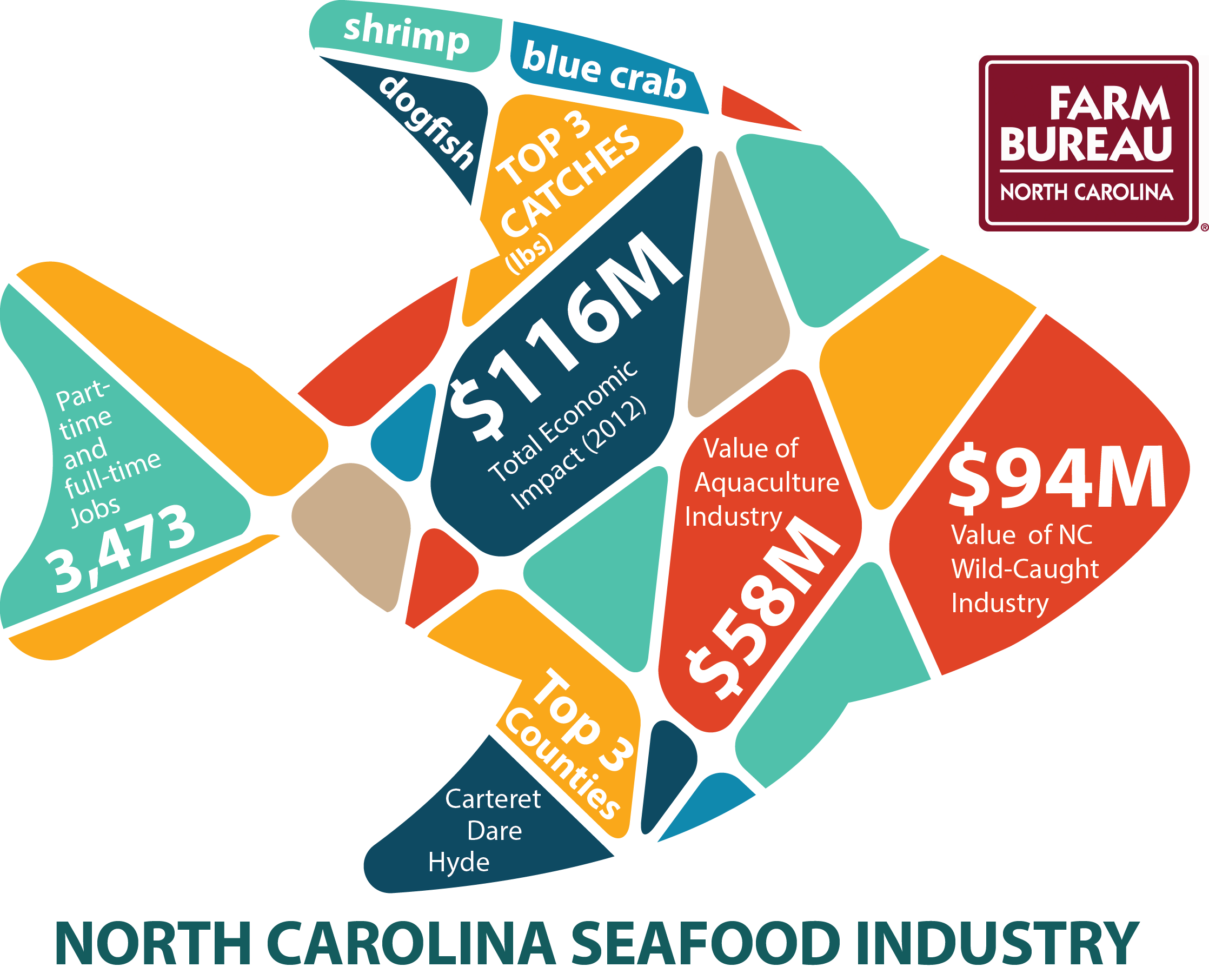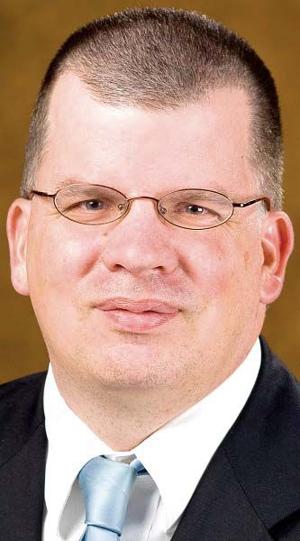Commentary by North Carolina Farm Bureau President Larry Wooten, first published in the Fall 2016 issue of NC Field and Family.
Welcoming all types of farming means more food choices for consumers
 Without advances in agricultural technology, humans would still be hunters and gatherers with short lifespans due largely to starvation, malnutrition and disease.
Without advances in agricultural technology, humans would still be hunters and gatherers with short lifespans due largely to starvation, malnutrition and disease.
Society relies upon sound science and technology – from the medicines that keep us healthy, to our methods of transportation, to the media that informs us. I shudder to envision modern society if fear had ruled public opinion when anesthesia, pasteurization, penicillin, vaccinations, the printing press and the combustion engine made their marks upon history. We sometimes have to make leaps of faith, such as the Wright Brothers did at Kitty Hawk. When these leaps are based upon sound principles, the result is often a blessing.







.jpg) Nearly everywhere I go, it seems the conversation always includes concerns about student access or acceptance to a 4-year undergraduate degree – especially for kids from rural and farming communities. We hear this message loud and clear, and I want to let you know our college is fully committed to helping all qualified students find their path to CALS.
Nearly everywhere I go, it seems the conversation always includes concerns about student access or acceptance to a 4-year undergraduate degree – especially for kids from rural and farming communities. We hear this message loud and clear, and I want to let you know our college is fully committed to helping all qualified students find their path to CALS.